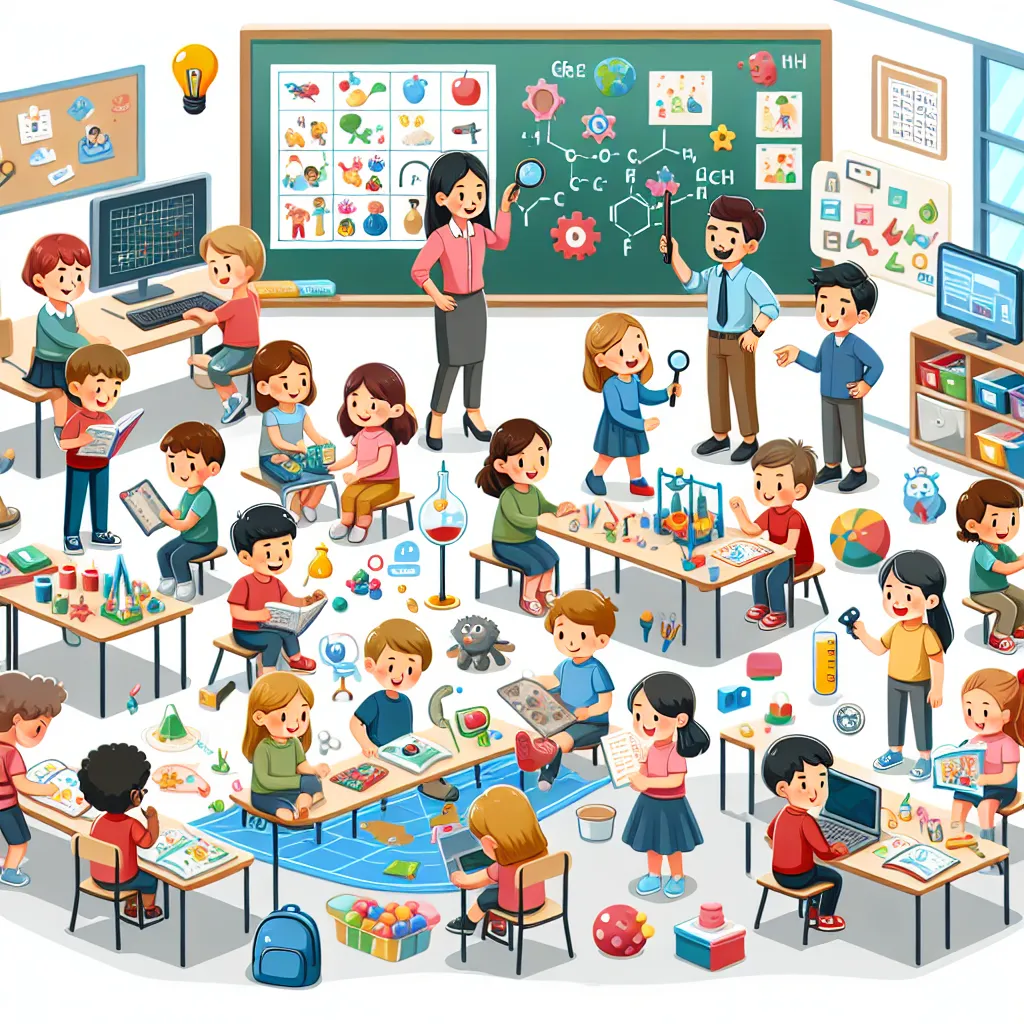Ask AI on The Internet
Question: Discuss the role of "mental software" in the information-processing theory and give THREE (3) examples of organised cognitive processes that Grade R learners use to complete specific tasks.
Information-processing theory is a cognitive approach that analyzes how humans encode, store, and retrieve information, much like a computer processes data. Within this framework, "mental software" refers to the programmatic rules, strategies, and knowledge that help individuals process information effectively. The concept indicates that cognitive development can be enhanced by improving these internal processes or mental software, enabling learners to handle increasingly complex tasks. For Grade R learners (typically around 5-6 years old), the development and refinement of mental software play an essential role in their cognitive growth. Here are three examples of organized cognitive processes (mental software) that these young learners use to complete specific tasks: ### 1. **Attention Control** **Task Example:** Completing a simple puzzle. **Description:** The ability to focus and maintain attention on a particular task is a crucial component of cognitive processing. Grade R learners use attention control to keep their concentration on the task at hand, filtering out distractions and staying focused on fitting pieces together based on shapes and patterns. This process helps them develop persistence and the ability to sustain mental effort, which are foundational for more complex cognitive tasks later on. ### 2. **Memory Strategies** **Task Example:** Remembering and following multi-step instructions for a classroom activity. **Description:** Working memory and the ability to use memory strategies enable learners to hold and manipulate information over short periods. For example, when a teacher gives a set of instructions like "First, draw a circle; then color it blue," Grade R learners rely on their working memory to retain and execute each step sequentially. This process involves encoding information, holding it in memory while performing tasks, and then retrieving it as needed. ### 3. **Categorization and Sorting** **Task Example:** Sorting different colored blocks into groups. **Description:** Categorization involves recognizing similarities and differences and organizing items based on specific criteria. Grade R learners use this cognitive process to group objects (like blocks) by color, shape, or size. This ability to sort and categorize lays the groundwork for logical thinking and helps in understanding more complex concepts such as mathematical operations, scientific categorization, and language development. ### Summary In summary, "mental software" in the information-processing theory represents the internal cognitive processes that enhance learning and problem-solving abilities. For Grade R learners, attention control, memory strategies, and categorization and sorting are crucial cognitive processes that enable them to complete specific tasks successfully. Developing these processes at an early age equips learners with the foundational skills needed for more advanced cognitive functions.
Think your answer is better than the AI's? Post it below.
Other Most Relevant Posts:
 Unraveling the Role of "Mental Software": Exploring Organized Cognitive Processes in Grade R Learners' Information Processing
Unraveling the Role of "Mental Software": Exploring Organized Cognitive Processes in Grade R Learners' Information Processing
Question Tags
If you want your question answered by an AI, click here.






Post your own comment: